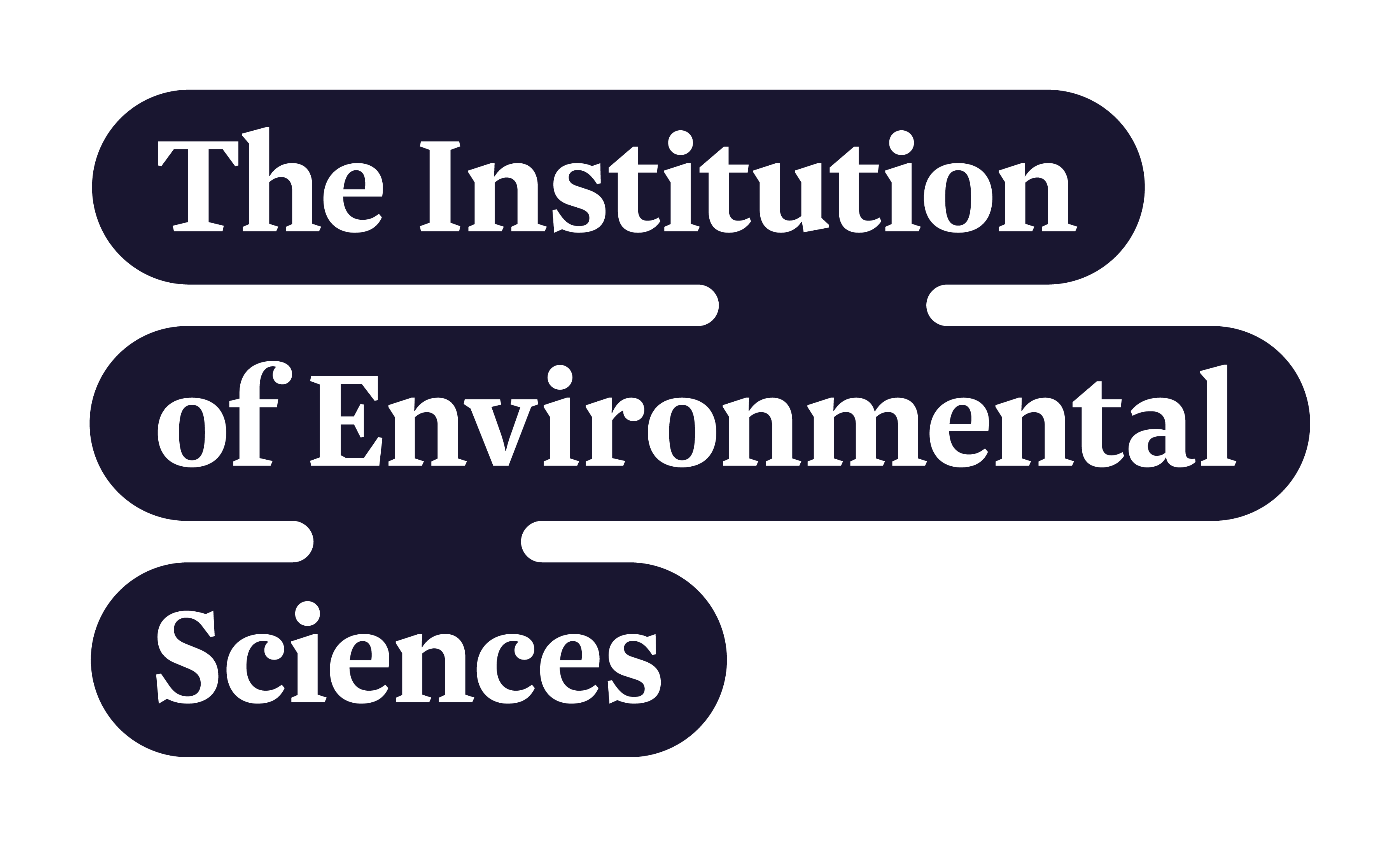Assurances for an Environment Act
The IES is pleased to join with other leading business, environmental, academic and professional groups to publish a shared view of how the Government's planned Environment Bill can help 'put sustainability at the heart of our economic model'. That means enabling business to meet society's needs for example for healthy food, housing, infrastructure, energy, products and services, in ways that are consistent with meeting the environmental challenges we face in the 21st century.
The key is to get past the pattern of short term policymaking where policies are introduced late in the day once problems like marine plastic pollution or poor air quality have entrenched. That approach historically means that society and the government pick up the bill from a poor environment for example through the National Health Service, and businesses face high short term adjustment costs. Instead the Environment Act is the opportunity to set a clear and certain pathway as soon as possible that enables all sectors to plan, invest and collaborate towards a sustainable future and healthy environment. It will also enable all parts of government to work together better to ensure policies more coherently and consistently encourage good environmental management. In this way the Bill can ensure the economy meets the environmental challenges ahead, for example contained in the Government's 25 year environment plan, in ways that go with the grain of doing successful business: driving innovation, aligning with business and investment cycles and creating opportunities for UK business as all nations face the same environmental and resource challenges in the decades ahead.
The Government published the first part of the Environment Bill in December 2018 including its plans for environmental principles, the Office for Environmental Protection and Environmental Improvement Plans. The assurances set out what's needed from the whole Bill due to be published later in the year. Important elements include setting clear and coherent long term direction, including through well designed environmental targets that command public and business legitimacy and ownership, clarifying where responsibilities lie as early as possible and using the Office for Environmental Protection to hold the government to account for ensuring policies are adequate for meeting environmental goals. While the need for the Environment Bill was triggered by the UK's decision to leave the EU, these shortcomings need resolution irrespective of Brexit.


